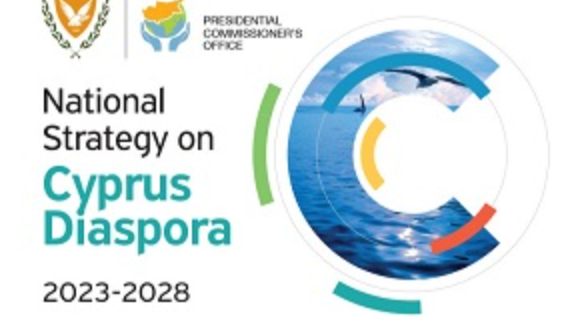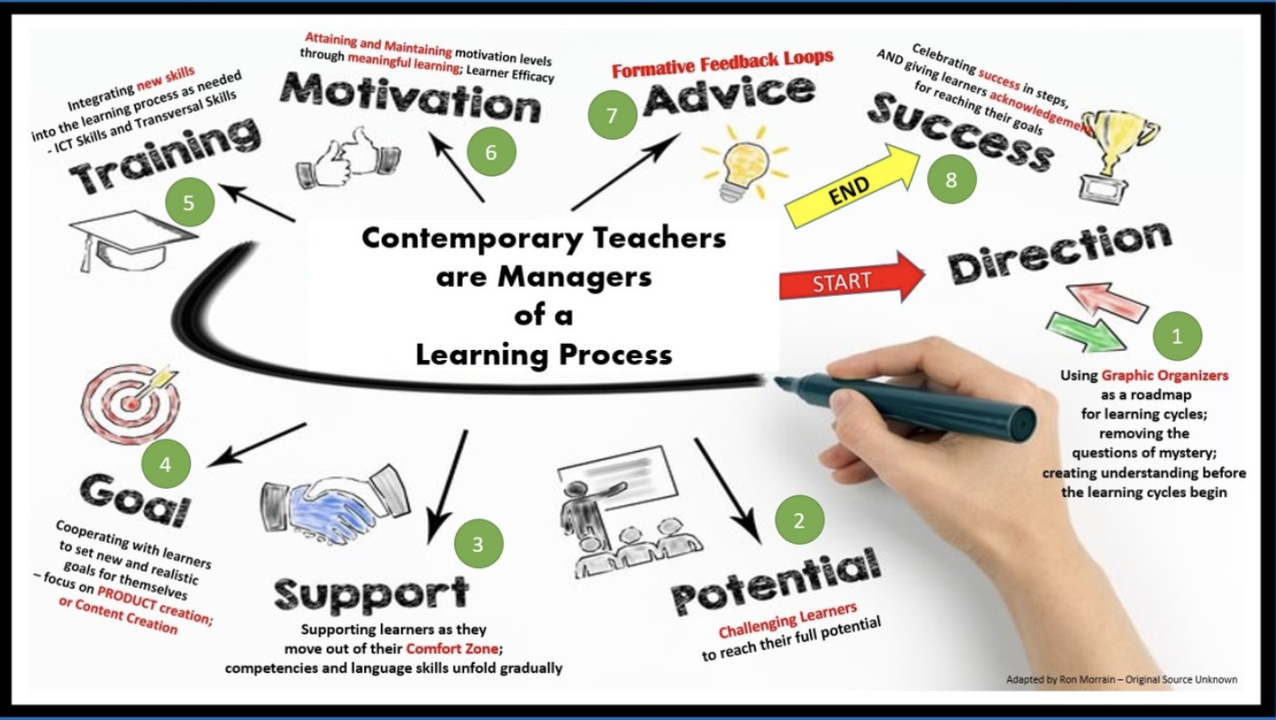The International Baccalaureate (IB) has announced a significant shift in its assessment practices, with plans to pilot digital exams for its prestigious Diploma Programme (DP) starting in the summer of 2026. This move aims to transition all DP exams to computer-based assessments by the 2030s, reflecting the increasing digitalisation of education and the workplace.
As an educator deeply invested in preparing students for the 21st century, I believe this transition is a crucial step forward. Today’s students are digital natives; they learn and interact with information primarily through technology. By embracing digital exams, the IB acknowledges this reality and aligns its assessments with the way students naturally learn and engage.
Over 60 schools with approximately 3,000 students will participate in the initial pilot, focusing on English Language and Literature, Spanish Language and Literature, and English B (standard level). The programme will gradually expand to include other languages in subsequent years.
Matt Glanville, IB Director of Assessment, emphasised the organisation’s desire to “embrace digital innovation within the education system” by aligning assessments with students’ contemporary learning and future professional realities. “They’re not going to spend three hours writing down an essay. They’re going to be interacting with computers in their day-to-day life,” he stated.
I am particularly excited about the potential for more innovative and engaging assessment methods. Digital platforms can offer a wider range of question types, allowing for more interactive assessments that better reflect real-world challenges and encourage deeper learning. For example, students could analyse video or audio clips, generate and utilise their own data in science experiments, and engage with more dynamic, interactive elements in subjects like chemistry.
The IB plans a gradual transition, acknowledging the significant shift for schools. “We’re trying to do it in a proportionate way – not a big bang,” Glanville explained. Initial digital exams will closely mirror the content of traditional paper-based exams to ensure comparability across student cohorts.
The IB conducted a survey of member schools to assess their readiness for digital exams. The results indicated that the vast majority possess the necessary infrastructure, while others are actively investing in it.
While concerns about infrastructure and internet reliability are valid, I believe that with careful planning and adequate support from the IB, these challenges can be effectively addressed. The IB will provide extensive support to teachers and students, including access to online practice exams through a public-facing portal. This will allow educators and students to familiarise themselves with the digital platform, its functionalities, and the exam experience.
Leaders in the IB community have generally welcomed this development. Tracey Trusler, Academies Director for the Leigh Academies Trust, expressed confidence in her organisation’s readiness, given its strong digital infrastructure and student familiarity with technology.
John Nicholls, Director of Education at Globeducate, emphasised the importance of the phased approach and the potential benefits of reduced logistical burdens and environmental impact.
Laura Hamilton, Assistant Head (IB Diploma) at Aiglon College, stressed the need for clear and timely communication from the IB to support schools in this transition.
I suggest that the IB prioritise teacher training and provide ongoing support to ensure that educators are comfortable and confident in administering and overseeing digital exams. This will be crucial for the successful implementation of this significant change.
The move towards digital exams for the IB Diploma Programme represents a significant step forward for international education. While challenges remain, the potential benefits, including enhanced student engagement, innovative assessment methods, and improved accessibility, make this a promising development for the future of IB education.
I encourage all stakeholders – schools, teachers, students, and parents – to actively participate in the pilot programme and provide feedback to the IB. This collaborative approach will be crucial for the successful implementation of digital exams and ensuring a positive experience for all involved.
Disclaimer: This article is based on the provided information and may not reflect all official IB policies or procedures.








